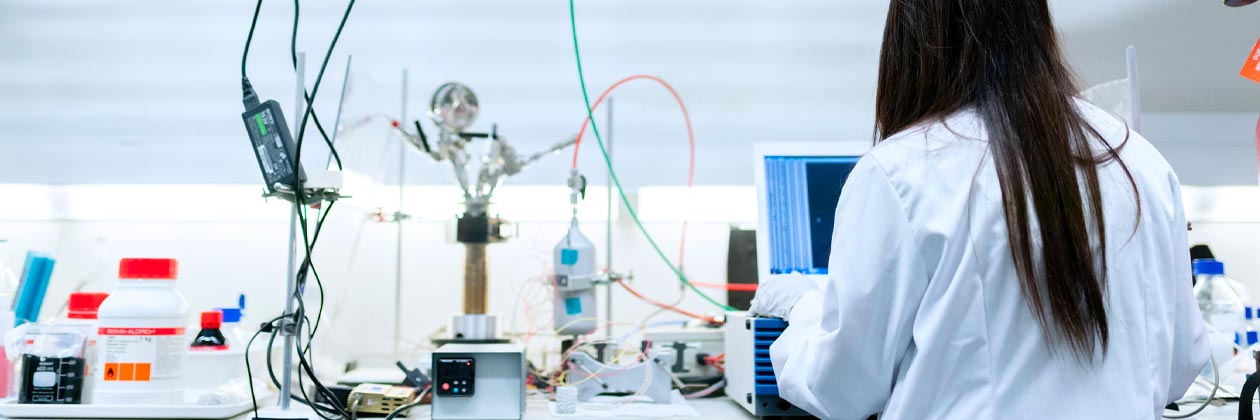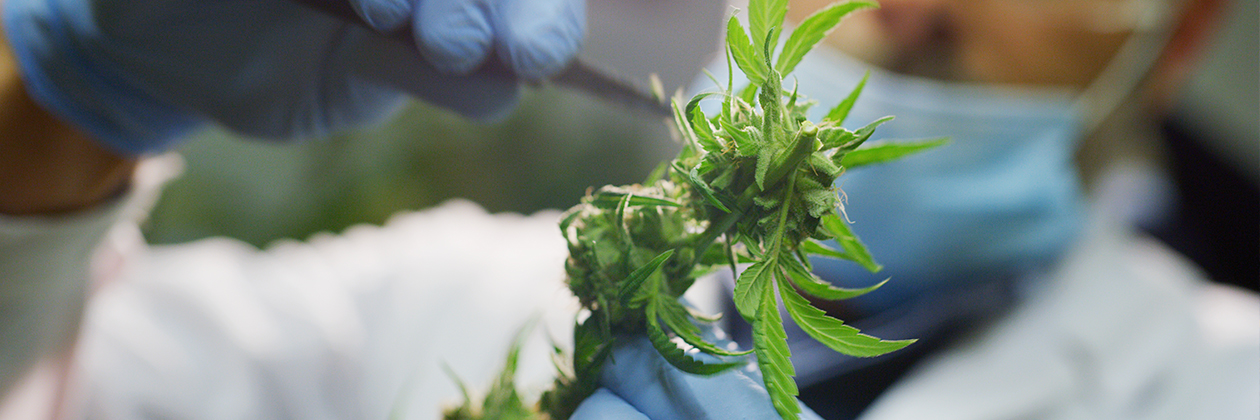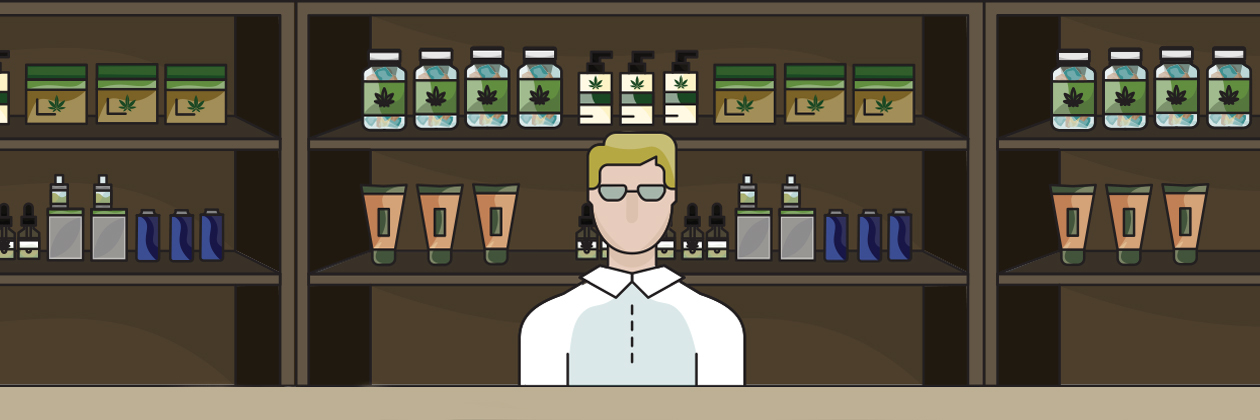What Food Companies Need to Know About Traceability
Ben Hartman | April 17, 2024

Traceability is just like it sounds - the ability to trace all ingredients in a food product through every step in the supply chain.
By January 20 2026, all companies that manufacture, process, pack, or hold foods on the Food and Drug Administration's Traceability List must implement the recordkeeping requirements of Section 204D of the FDA Food Safety Modernization Act (FSMA).
In a Rootwurks webinar held earlier this month, Joel Chappelle, Attorney, and Consultant at Food Industry Counsel LLC discussed some of the most important things for food industry professionals to know about traceability and broke down some tips for how to make implementation of traceability methods much easier.
Know what needs to be traced
The first step when developing a traceability program is to determine what your company produces that needs to be traced.
“The first question is, does our company produce, hold, pack, or ship any of the products that are on the food traceability list,” Chappelle said.
“These products tend to be the usual suspects as it were in respect to foodborne illness outbreaks and the FDA identified these foods as the group that is just important when it comes to doing a rapid trace back,” he added.
Collaboration is crucial
You can’t operate solely on your own if you want to trace your product back through the supply chain - including well before any of its components reach your facilities.
“Collaboration is exceedingly important because you don't need traceability from the time you receive it to the time you ship it. You need it [traceability] and this needs to be an unbroken chain ideally from consumers all the way back to what the original source of that ingredient was,” Chappelle said.
This requires reliable lines of communication with providers up and down the supply chain.
Recordkeeping can’t be overlooked
Recordkeeping is part of a preventative approach to food and product safety that helps ensure you have the information you need before a potential safety incident happens.
“Recordkeeping is fundamental to traceability without the ability to look back and retrieve the pertinent information or data relating to the source and the supply chain of whatever the implicated product is, there’s no traceability,” Cahppelle said.
Traceability can mitigate public and company harm
When an outbreak occurs is probably the worst time to decide you need a traceability program.
“Without a traceability program in place, you're likely going to have an inability to identify and remove potentially contaminated products from the market,” Chappelle said, adding that “this is going to lead to potentially greater illness and a larger recall and loss of customers.”
The consequences of a public health incident can be very grave
A food industry recall costs on average around $10 million. And without traceability, it can be much, much costlier.
“If the FDA comes in and your product is associated with a foodborne illness and you don't have this traceability program in place it is likely going to result in a larger recall,” Chappelle said.
And the fallout can run to the top, with the head of food safety and the corporate leadership potentially facing serious consequences - including potential criminal charges.
Traceability and quality control go hand in hand
When things go wrong in the supply chain, it can severely impact quality control.
“With traceability, you can look back and say we had a problem with this lot or that lot, and with a couple of keystrokes find out who is the problematic supplier so from a preventative standpoint that’s going to allow you to identify problematic suppliers front he outset ideally before an actual problem occurs,” Chappelle said.
To hear more about traceability and why it’s so important for food companies, watch our webinar “Traceability: What Every Food Manufacturer Needs to Know,” now streaming on the Rootwurks website.
-1.jpg?width=2567&height=1344&name=Linkedin%20(20)-1.jpg)






